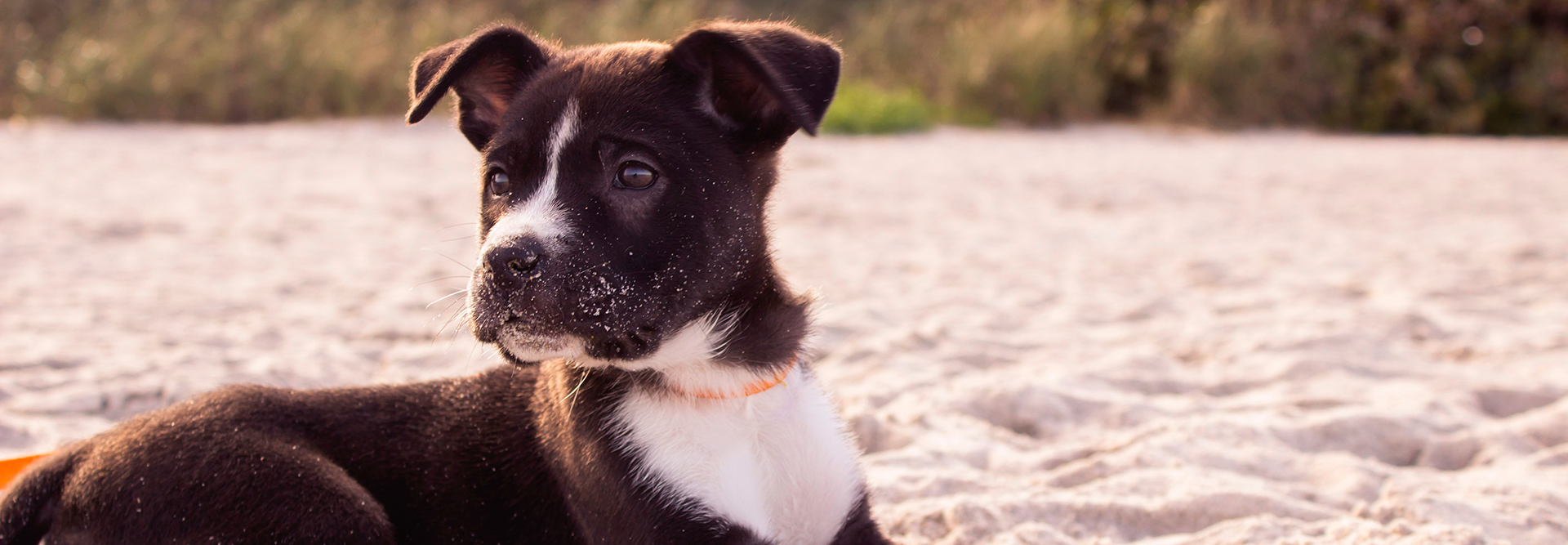
Congratulations on your new puppy! In the next few weeks, you and your furry friend will build a beautiful friendship that will last a lifetime. You’ll also witness your puppy’s growth from a mischievous little rascal to a mature, well-mannered dog. Like children, puppies go through several stages of development before they grow up. One […]
Congratulations on your new puppy! In the next few weeks, you and your furry friend will build a beautiful friendship that will last a lifetime. You’ll also witness your puppy’s growth from a mischievous little rascal to a mature, well-mannered dog.
Like children, puppies go through several stages of development before they grow up. One of these stages is teething. Puppy teething is the process your puppy goes through when their baby (milk) teeth fall out and their permanent (adult) teeth settle in.
Puppy teething stages are just like human ones.
Puppies start out with 28 milk teeth (also called baby teeth). These teeth fall out over time while their permanent teeth erupt. Once your puppy matures into an adult dog, it will have 42 adult teeth.
Now, teething is no easy business. It can be painful or irritating for most puppies. This leads to chewing on anything your puppy gets their chompers on. Furniture, shoes, your toes—-nothing is spared from your fur-baby’s teeth!
We know your puppy’s teething habits can be annoying but we promise, it’s only temporary! On this blog, we help you understand what your puppy is going through with a quick timeline of your puppy’s teething stages.
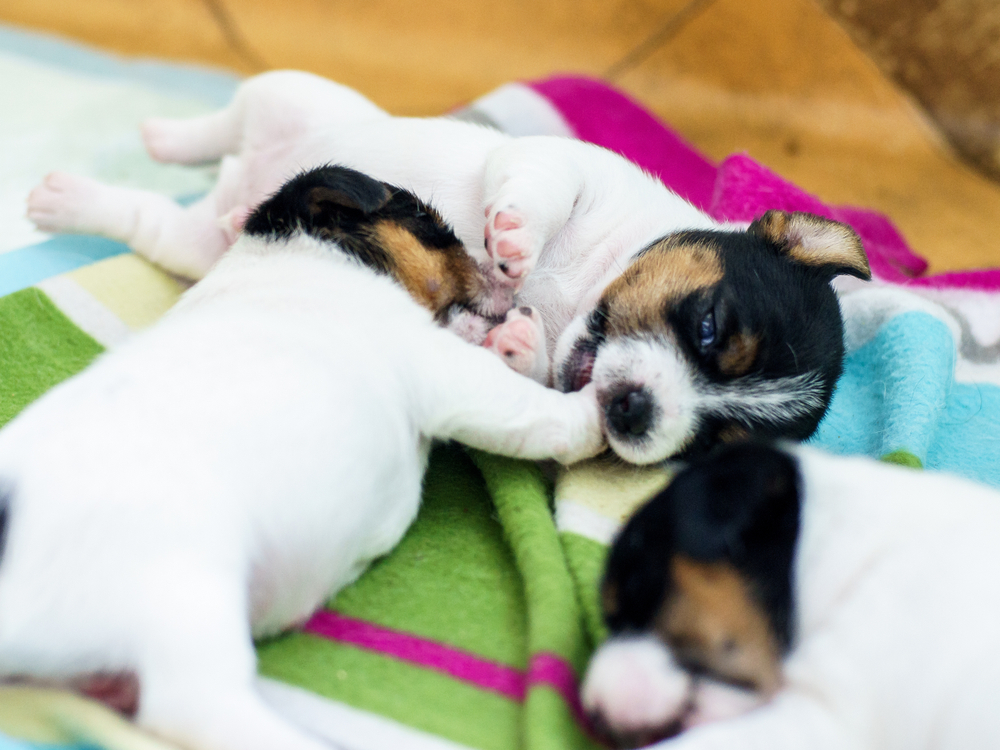
When your puppy is 2 to 4 weeks old, they depend heavily on their mother and breeder for their wellbeing. Whether it’s food, warmth, and comfort, your furry friend will only have their mother and caretaker for all of their needs.
Along with being blind, their milk teeth are just starting to come in. Don’t worry about your puppy’s teeth during this age period.
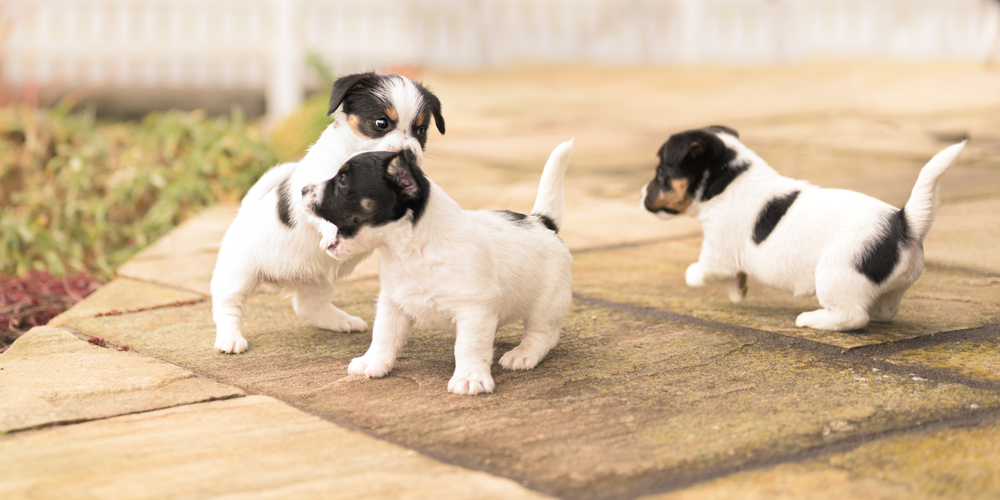
At 5 to 6 weeks old, your puppy should have 28 baby teeth. Your furry friend is also weaned or in the process of weaning.
Weaning is a transitional stage in a puppy’s development, in which a puppy switches from drinking its mother’s milk to eating solid food. Your pup’s breeder is the main person who will help your puppy undergo the weaning process.
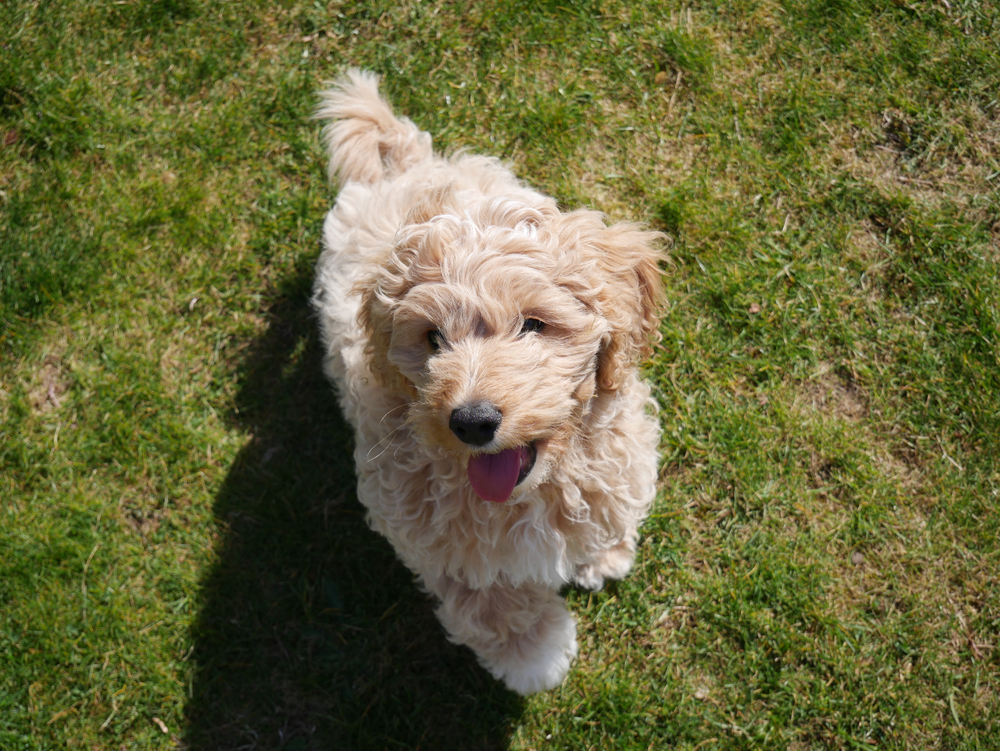
During the 12 to 16-week period, your puppy is independent and ready to go to its new home. While many puppies find their fur-ever homes at 8 weeks, some breeders will choose to wait a few extra months. This helps your pup’s breeder ensure that your little rascal is independent of its mother.
At Petland, we make sure that every puppy receives adequate dental care from a licensed veterinarian before they go home with their new owners. Once your puppy is home with you, you may notice little teeth around your home. Don’t panic!
Like human children, your puppy is shedding their baby teeth so that its permanent teeth settle in. According to The SprucePets, your puppy’s teeth should start to fall out at around 8 weeks of age.
Of course, the teething process is incredibly painful for your little fur ball. They may start to chew on everything they can sink their teeth in.
Make sure you give your puppy chew toys, puzzle games, or Kong toys to prevent potential destruction of your property. You should also visit the vet to ensure your puppy’s teeth and mouth are doing okay.
Additionally, your puppy is old enough to start a consistent dental routine. Don’t rush the process. Instead, start with the basics.
Hold your puppy near you and open their mouth, touching the outside and in. This helps your puppy grow used to having their mouth opened and touched when they’re getting their teeth brushed.
Avoid getting nipped or bitten by your fur-baby. Their teeth are razor-sharp so if your fingers get caught, this can really hurt!
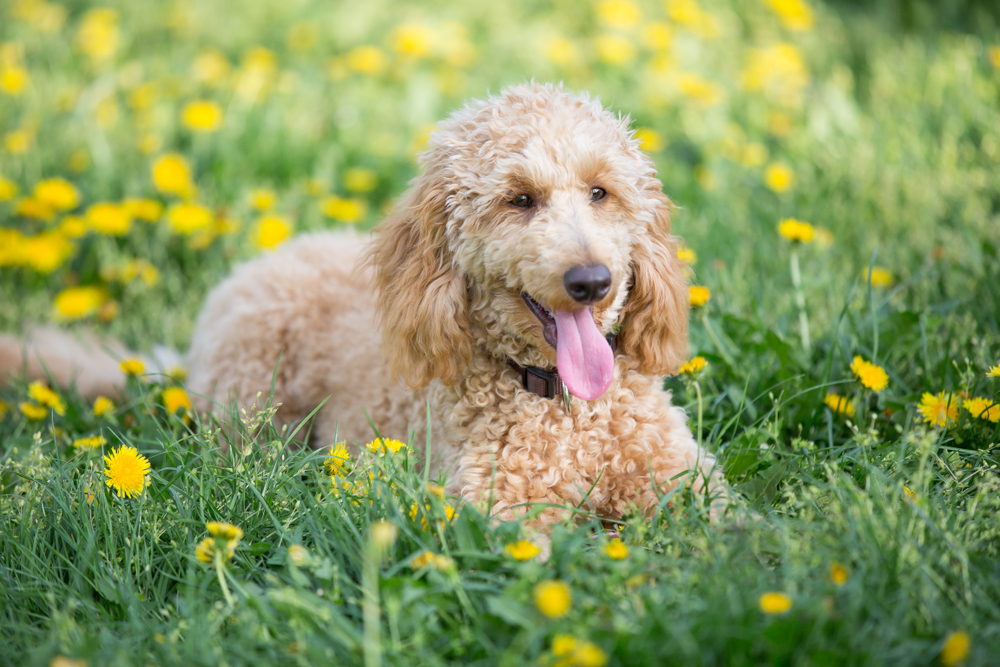
When your puppy reaches 6 months of age, all of its permanent teeth should have settled in. All dogs have around 42 adult teeth, though this may vary with some breeds.
It’s highly important to check that your puppy has no milk teeth left. If left untreated, your puppy’s baby teeth can cause dental problems such as overcrowding and malformation. Your vet will assess your puppy’s mouth and remove any extra baby teeth.
Now that your puppy has its adult teeth grown in, it’s your responsibility to keep them pearly white and healthy. We know that it’s common for dog owners to forget about their furry friend’s dental health but we recommend maintaining a routine.
Dogs do not have the capacity to take care of their teeth, leading to the buildup of plaque and other debris. Without proper dental care, this plaque can develop into tartar, which causes bad breath, dental disease, and even organ damage.
Brushing your puppy’s teeth regularly prevents numerous medical issues that can harm them. As a precaution, make sure the toothpaste you use for your puppy is designed for dogs.
Human toothpaste can make your puppy sick if they swallow it. You should also use a dog toothbrush so that you can brush the corners and outer edges of your puppy’s teeth.
Don’t take it to heart if your puppy bites at your toes or fingers. Teething often causes sore gums and the only way puppies can alleviate their pain is by chewing everything in sight! Be patient and offer alternatives for your puppy’s comfort.
Remember the tips above when you start your pup’s dental care. Never leave your puppy alone during their early teething stages unless you want a mess inside your house.
If you need to leave, place your puppy in their crate to prevent them from chewing and getting into mischief while you are away.
Also, don’t forget to have fun with your puppy! It’s a frustrating experience for both of you but there are plenty of ways to make the process less stressful.
For example, establish a dental care routine early on. This routine can become a bonding experience for both of you. When you understand your puppy’s teeth stages, you’ll be able to help your furry friend make that important leap from puppyhood to adulthood.
So pack up on chew toys and love your puppy without boundaries so that you can have years of unconditional love and friendship!
Check out our blog, How to Care for Your Puppy’s Teeth to learn our tips on how to keep your furry friend’s teeth squeaky clean!